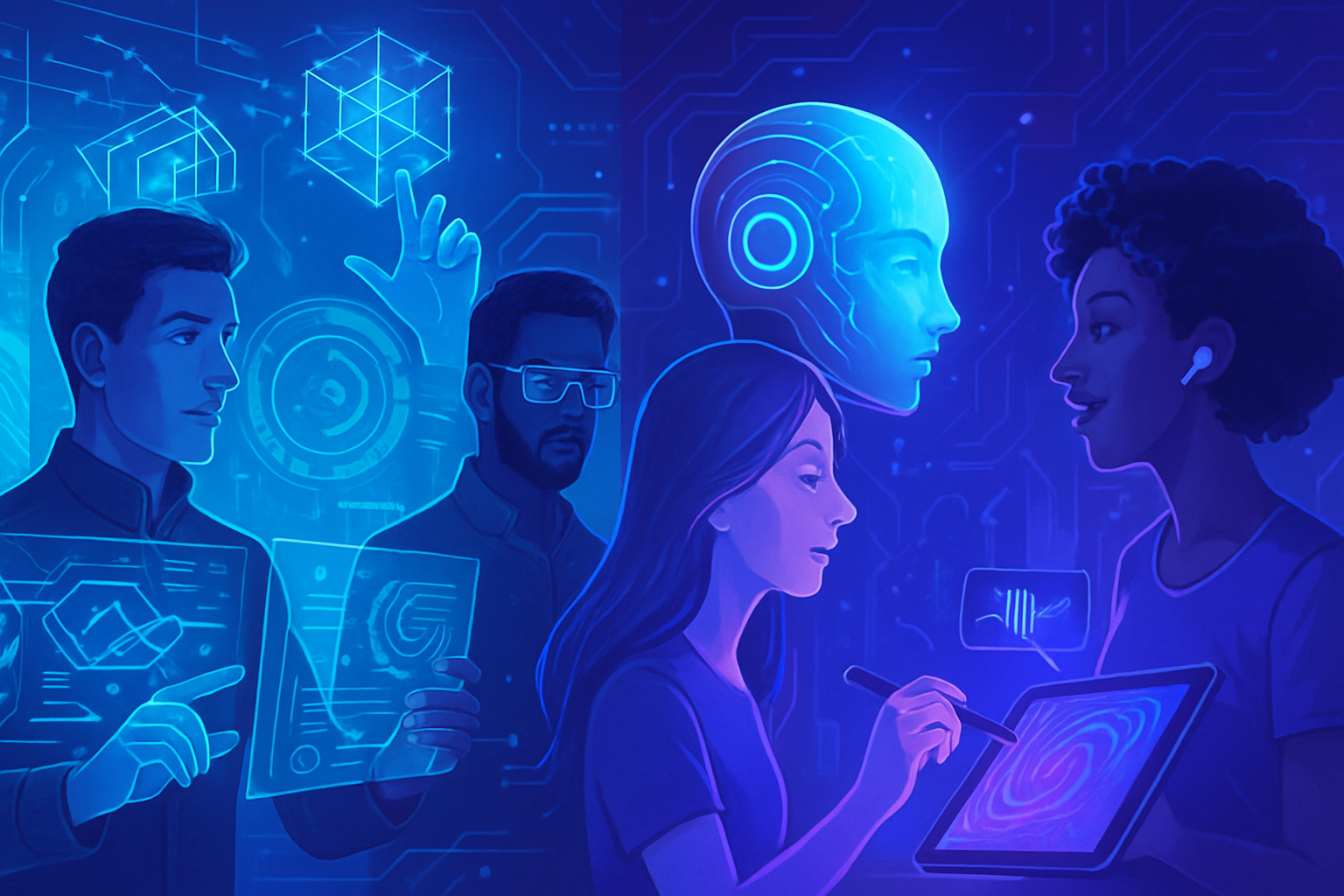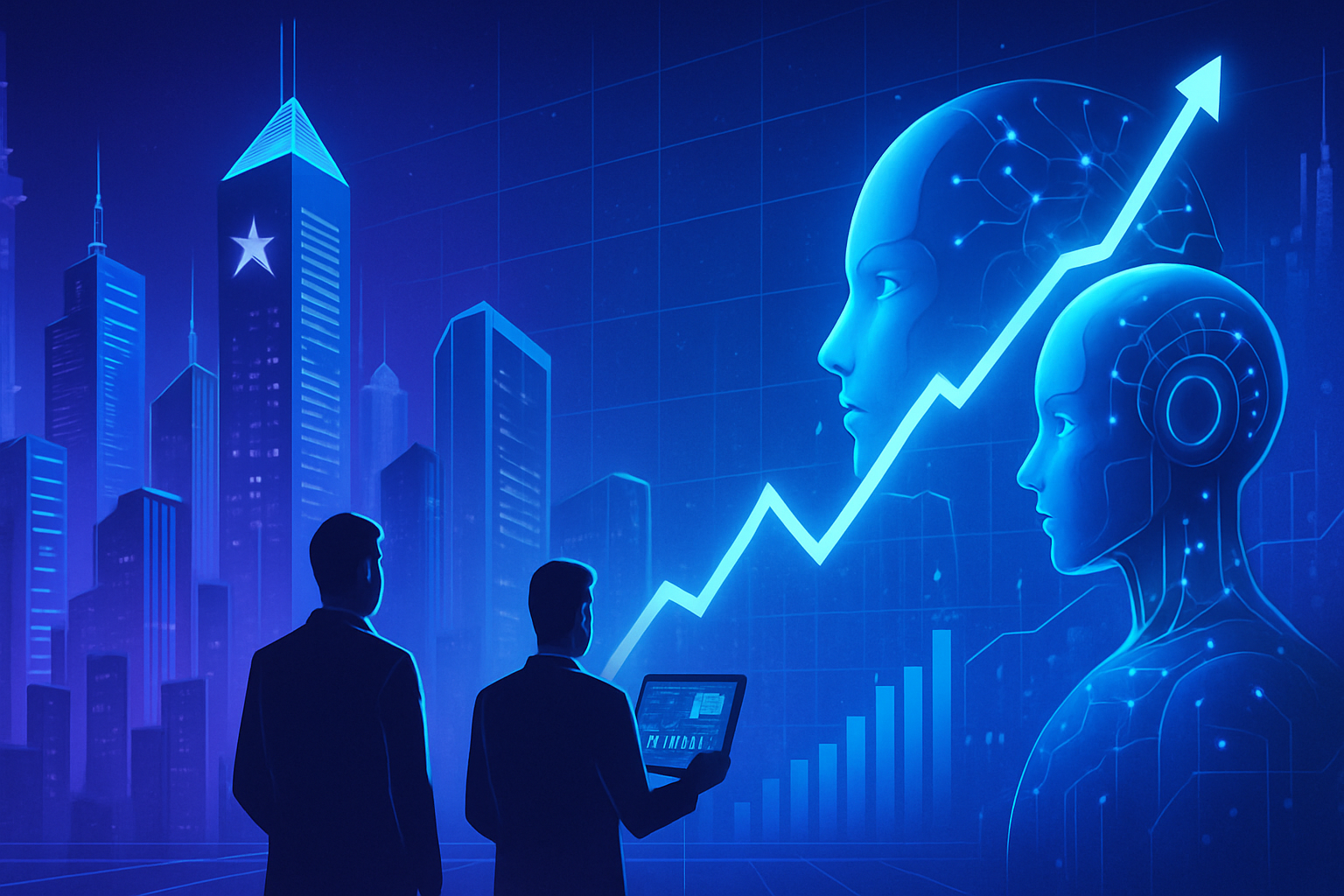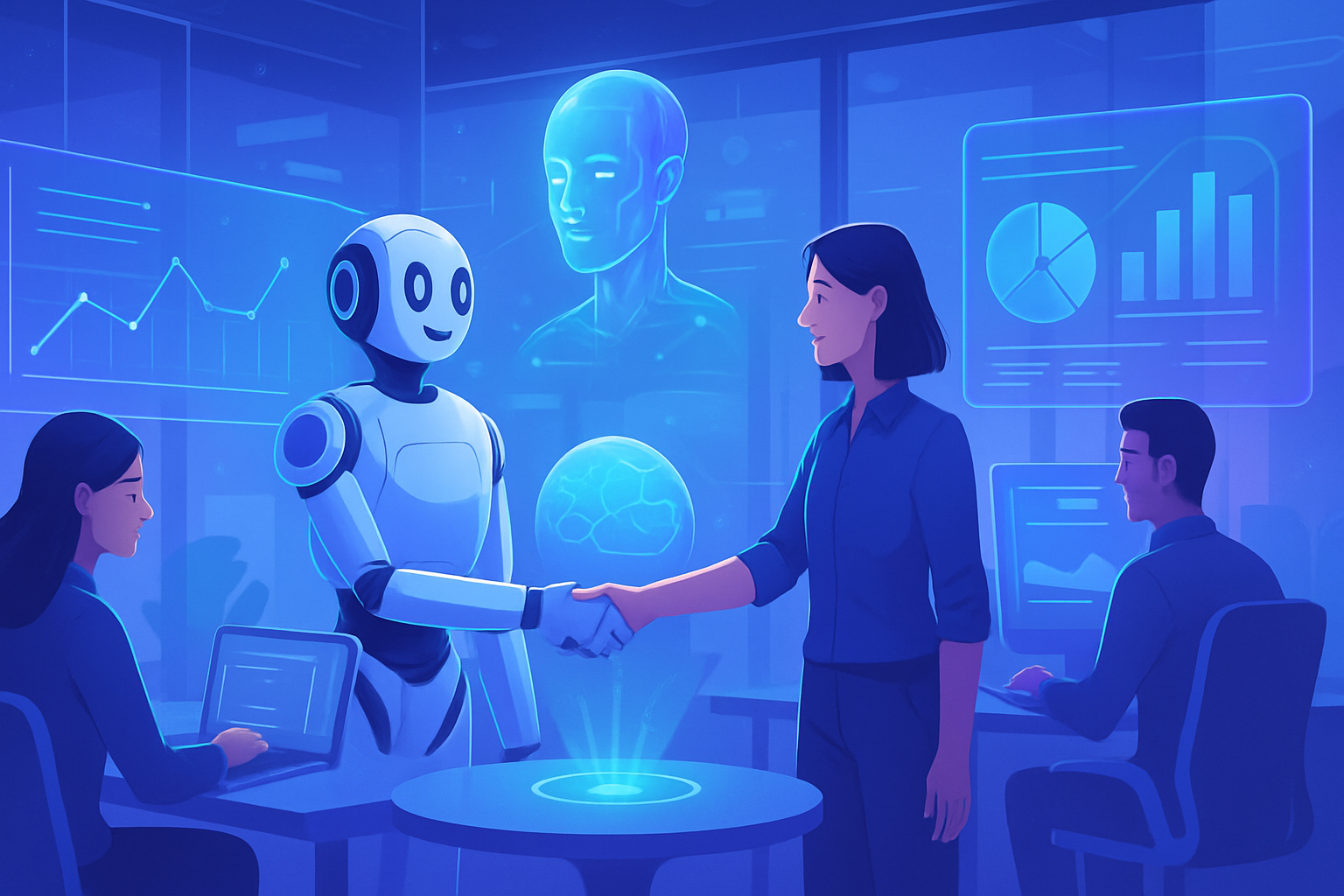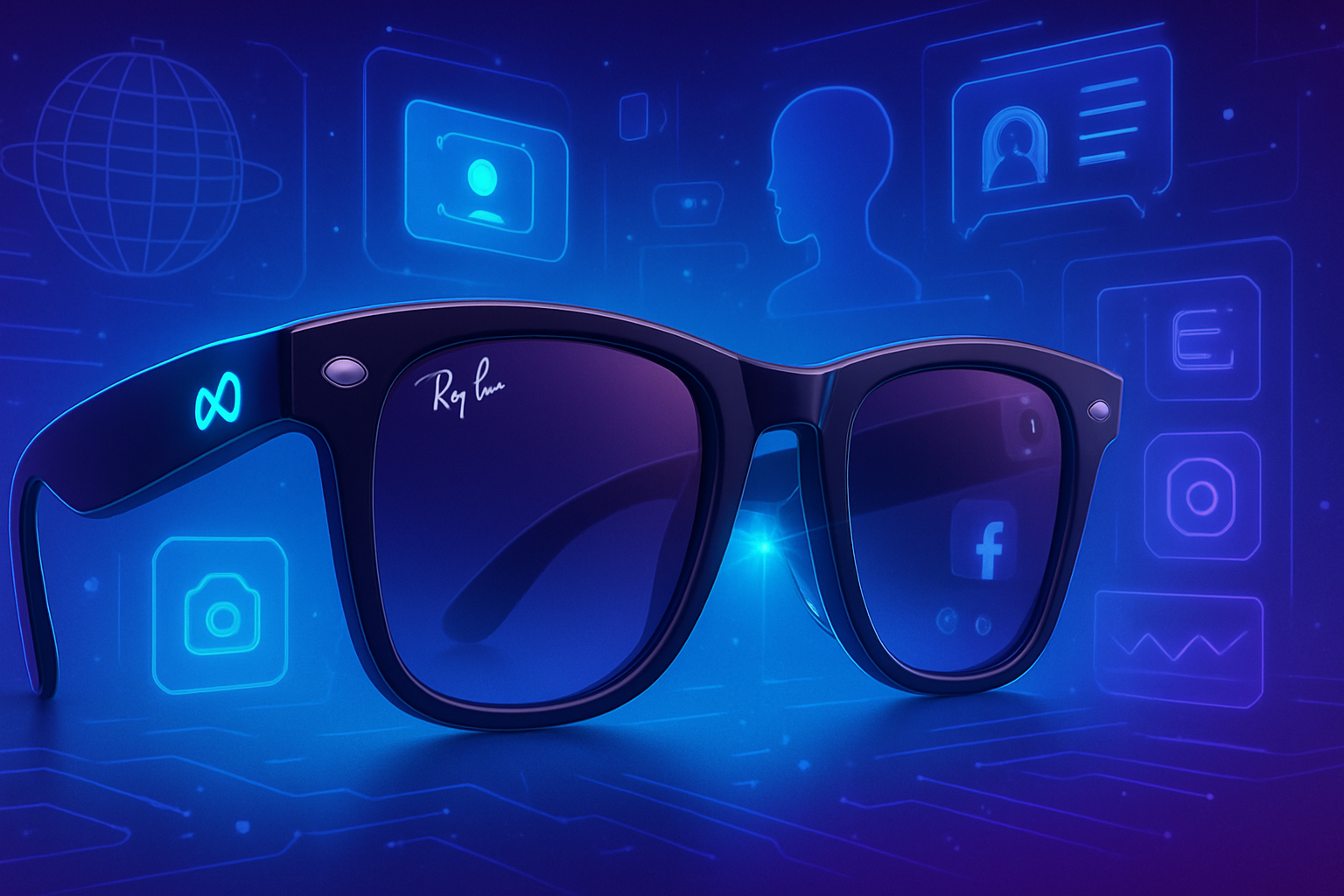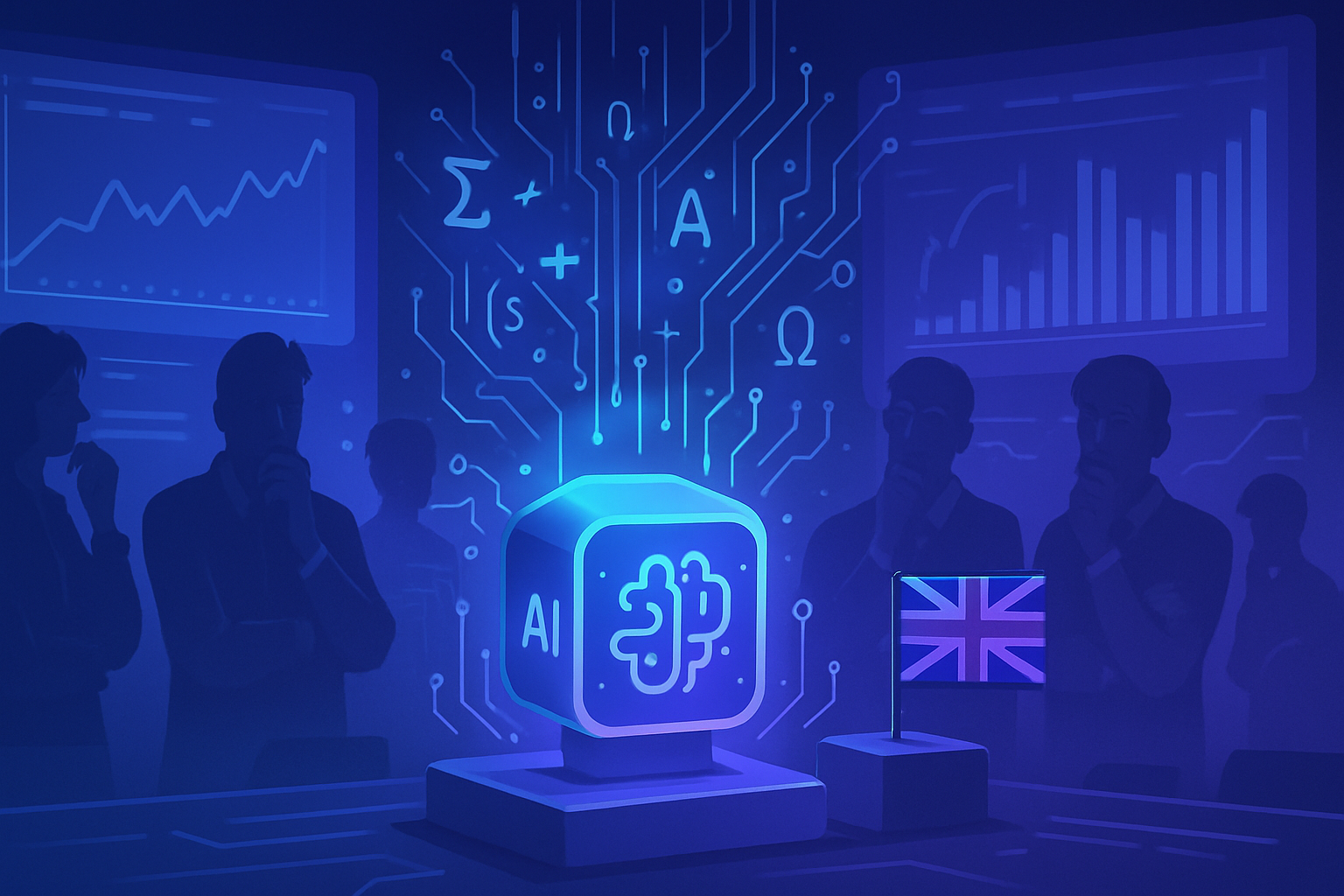The disparities in the use of artificial intelligence (AI) between genders raise issues of extreme societal complexity. Studies reveal a 25% gap in adoption of AI tools by women, questioning competence norms in a world dominated by emblematic male figures. Women, often less inclined to experiment, navigate between ethical concerns and biased perceptions of their expertise. The branching of this technology by *predominantly male developers* further accentuates this divide, transforming the adoption of AI into a revealing issue of contemporary gender struggles.
The disparities in AI usage
Recent studies highlight the disparities in the usage of artificial intelligence (AI) between men and women. These differences raise ethical questions and highlight a biased perception of skills. According to research conducted by renowned scholars from prestigious universities, the adoption rate of AI tools among women is 25% lower compared to their male counterparts.
The concerns of women regarding AI
Women in computer engineering often express concerns regarding the use of AI. Rembrand Koning, one of the co-authors of a study, points out that these women may fear that their expertise will be questioned by their superiors if they use these technologies. Conversely, men seem to benefit from an appreciation of their skills when they integrate AI into their work.
Students facing the challenges of AI
A study conducted in 2024 reveals that high-performing female students exhibit a less pronounced use of AI tools compared to their male counterparts. Female students may be more cautious, opting for tools validated by their teachers. This caution underscores a significant gap in the acceptance of new technologies.
A biased professional environment
The disparities in the adoption of AI also seem linked to biases present in the professional environment. With AI primarily designed by a male workforce, it may not address the needs and concerns of women. Randi Williams, an AI specialist, asserts that this technology has not been conceived to include female perspectives.
The preferences of women towards AI
Despite these concerns, a study from the Booth School of Business indicates that women are sometimes more inclined to accept a recruitment process led by a robot rather than by a human. This phenomenon reveals a willingness to see AI as a fair judge, free from the biased judgments often present in human interactions.
Caution and skepticism towards AI
Concerns related to privacy and inherent biases in AI contribute to a growing reservoir among women. This reserve is exacerbated by worries regarding job replacement in an ever-evolving professional landscape. Dishita Turakhia, a researcher at MIT, highlights a fundamental aspect: it is not just about adopting a tool, but using it wisely.
Towards a sustainable integration of AI
The caution that characterizes women’s approach to AI should not be perceived as an obstacle but rather as an opportunity to adopt more sustainable practices. According to Turakhia, early adopters of AI can explore new creative frontiers, while those who adopt technology later often bring a critical and thoughtful perspective.
Relevant resources
For those who wish to learn more about artificial intelligence, several resources may prove useful. Among them, the article on the integration of generative AI by product teams offers relevant strategies and applications. Additionally, current trends in the field of AI are accessible through various rankings, such as the list of top AI technologies.
Questions and answers about the differences in AI usage between men and women
What are the main disparities in AI usage between men and women?
Studies show that women adopt AI tools at a rate 25% lower than men on average, with even more limited usage on platforms like ChatGPT.
What reasons are cited for this difference in AI adoption?
Women express ethical concerns surrounding AI, as well as a fear that their skills will be questioned when they use these technologies.
How does sexism influence women’s use of AI?
Research shows that women, especially in technical fields like computer science, fear being perceived as less competent if they use AI, unlike their male counterparts.
Are female students more hesitant to use AI compared to male students?
Yes, studies indicate that female students, even high-performing ones, are less inclined to use AI tools, often due to fear of criticism or sanctions in an academic setting.
How can the design of AI be biased against women?
AI is often developed by predominantly male teams, which means that the questions and preferences integrated into these technologies may not take women’s needs into account.
Which areas of AI application are more favorable for adoption by women?
Research indicates that women may prefer automated recruitment systems, considering AI as a more impartial judge than humans in these contexts.
What are the concerns women have regarding AI and its impact on work?
The main concerns include issues of privacy, biased outcomes, and worries about job elimination due to automation.
How can women approach the use of AI constructively?
Women are advised to develop a critical approach towards AI, focusing on thoughtful usage and the ethical and societal implications of these tools.
